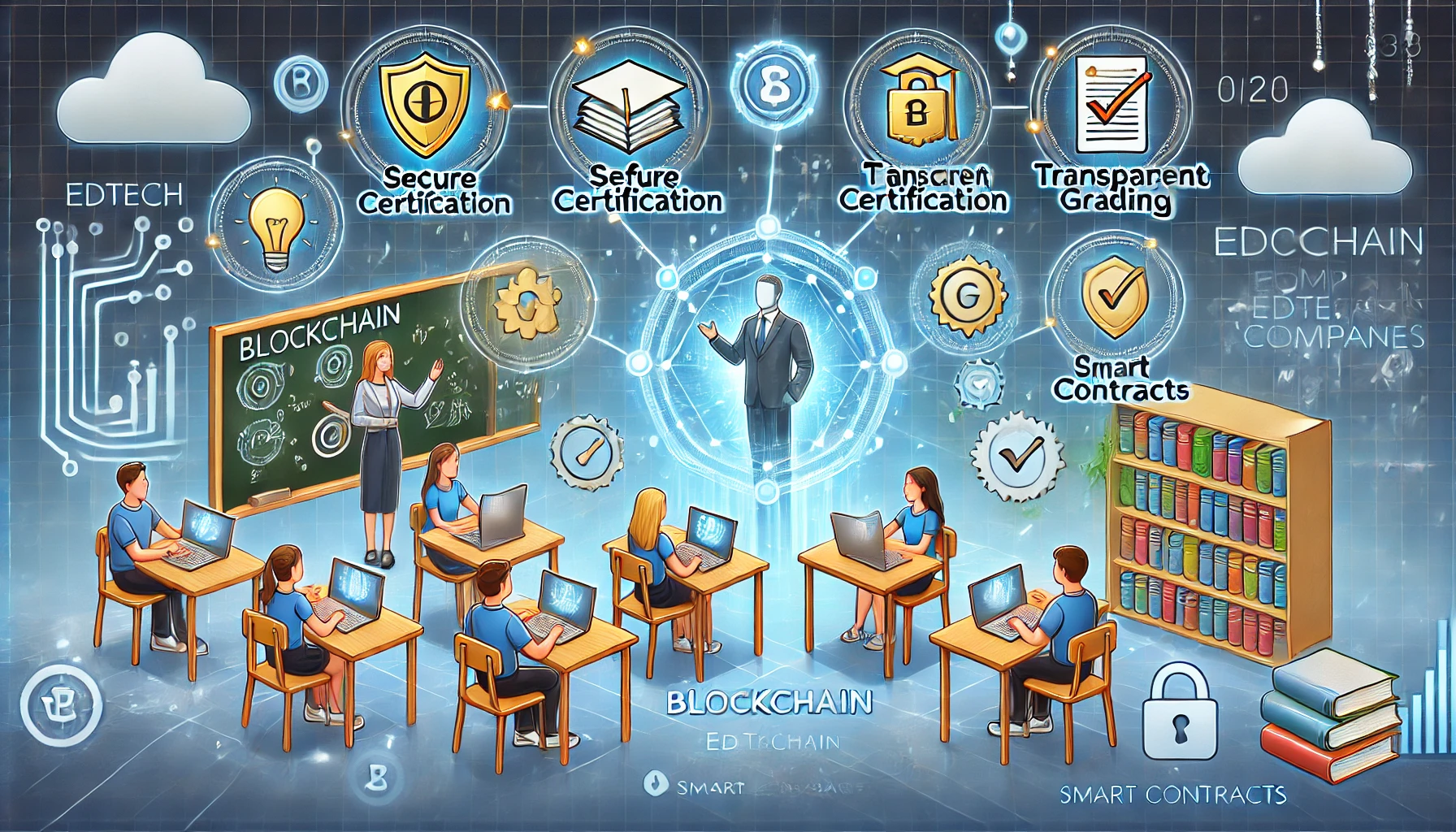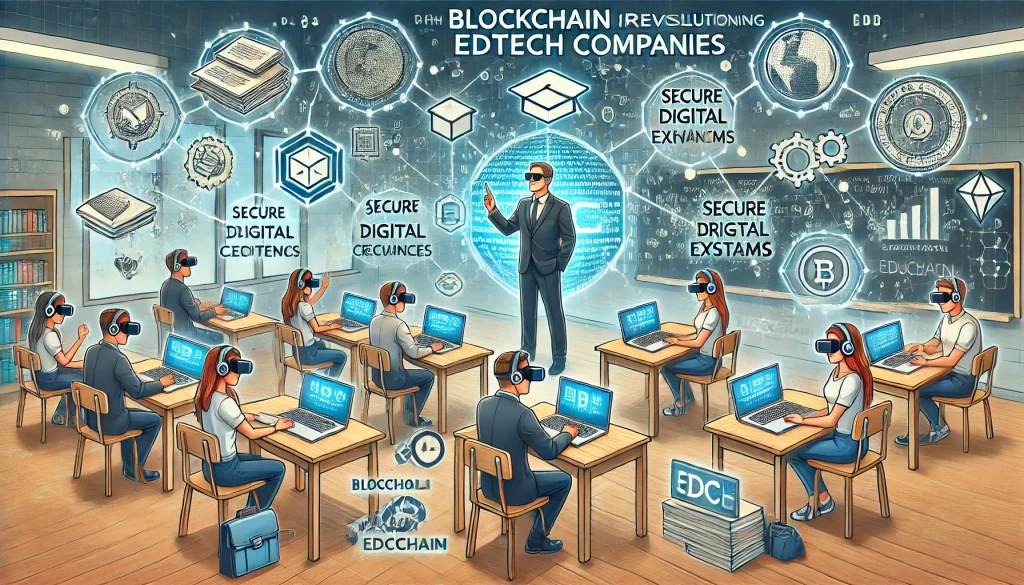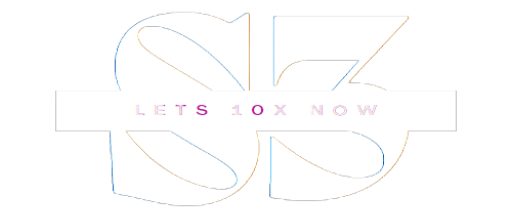
How Blockchain is Revolutionizing EdTech Companies?
Blockchain technology, originally designed as the backbone for cryptocurrency transactions, has rapidly evolved to find applications across various industries. Among these, the education technology (EdTech) sector is witnessing significant transformations due to blockchain’s potential to enhance transparency, security, and efficiency. In this blog, we explore how blockchain is being used by EdTech companies to revolutionize education and learning experiences.
Introduction to Blockchain in EdTech
Blockchain technology is a decentralized ledger that records transactions across multiple computers, ensuring that the recorded data is secure, transparent, and immutable. In the context of EdTech, blockchain is being leveraged to address long-standing challenges such as data security, credential verification, and personalized learning. By integrating blockchain, EdTech companies are creating more robust and trustworthy educational environments.
Enhancing Data Security and Privacy
One of the primary concerns in the digital education sector is the security and privacy of student data. Traditional databases are vulnerable to hacking and data breaches, which can lead to significant losses and privacy violations. Blockchain offers a solution by encrypting data and distributing it across a decentralized network. This makes it nearly impossible for unauthorized parties to alter or access the data without detection.
For instance, student records stored on a blockchain are secure and tamper-proof. Each transaction, such as a grade update or credential issuance, is recorded as a block and linked to previous blocks, creating a chain of information that is transparent and immutable. This ensures that student data remains confidential and secure from cyber threats.

Streamlining Credential Verification
Credential fraud is a persistent issue in the education sector, where verifying the authenticity of degrees and certifications can be time-consuming and challenging. Blockchain technology simplifies and accelerates this process by providing a verifiable and immutable record of academic achievements.
EdTech companies are using blockchain to issue digital diplomas and certificates that can be easily verified by employers and educational institutions. These digital credentials are stored on the blockchain, allowing anyone with the appropriate access to verify their authenticity instantly. This not only reduces administrative overhead but also enhances trust and credibility in the educational qualifications.
For example, platforms like Blockcerts offer open standards for blockchain-based credentialing, enabling institutions to issue and verify academic certificates seamlessly. This approach ensures that students’ hard-earned achievements are easily accessible and verifiable, reducing the risk of credential fraud.
Facilitating Personalized Learning Experiences
Blockchain technology also plays a crucial role in facilitating personalized learning experiences. By securely recording students’ learning activities and achievements on the blockchain, EdTech platforms can create comprehensive and immutable learning profiles. These profiles help in tailoring educational content and pathways to meet individual learning needs.
With blockchain, educators can track students’ progress in real-time and adapt the curriculum accordingly. For instance, if a student excels in a particular subject, the system can suggest more advanced courses in that area. Conversely, if a student struggles, it can recommend additional resources or alternative learning methods. This level of personalization enhances the overall learning experience and helps students achieve their educational goals more effectively.
Empowering Students with Ownership of Their Learning Data
In the traditional education system, students often have limited control over their academic records and credentials. Blockchain technology empowers students by giving them ownership of their learning data. Students can access, share, and control their educational records through secure blockchain wallets.
This ownership model not only enhances transparency but also ensures that students’ data is portable and universally accessible. For example, if a student decides to transfer to another institution or apply for a job, they can easily share their verified credentials directly from their blockchain wallet. This eliminates the need for intermediaries and speeds up the process of credential verification.
Supporting Lifelong Learning and Skill Development
The job market is rapidly evolving, with a growing emphasis on continuous learning and skill development. Blockchain technology supports lifelong learning by providing a secure and verifiable record of all educational and professional achievements. This comprehensive record, often referred to as a “learning ledger,” includes formal education, online courses, certifications, and even informal learning experiences.
EdTech companies are leveraging this feature to create platforms that recognize and reward lifelong learning. For instance, platforms like Learning Machine allow individuals to build and maintain a lifelong portfolio of skills and achievements that can be shared with employers and educational institutions. This encourages a culture of continuous improvement and skill development, essential in today’s fast-paced job market.
Conclusion
Blockchain technology is transforming the EdTech landscape by enhancing data security, streamlining credential verification, and facilitating personalized learning experiences. By giving students ownership of their learning data and supporting lifelong learning, blockchain is paving the way for a more transparent, secure, and efficient educational environment. As EdTech companies continue to innovate with blockchain, the future of education looks promising, with greater accessibility, trust, and personalized learning opportunities for all.
Incorporating blockchain into EdTech not only addresses current challenges but also opens up new possibilities for the future of education. As this technology continues to evolve, we can expect even more innovative applications that will further enhance the way we learn and teach.

Leave a Reply